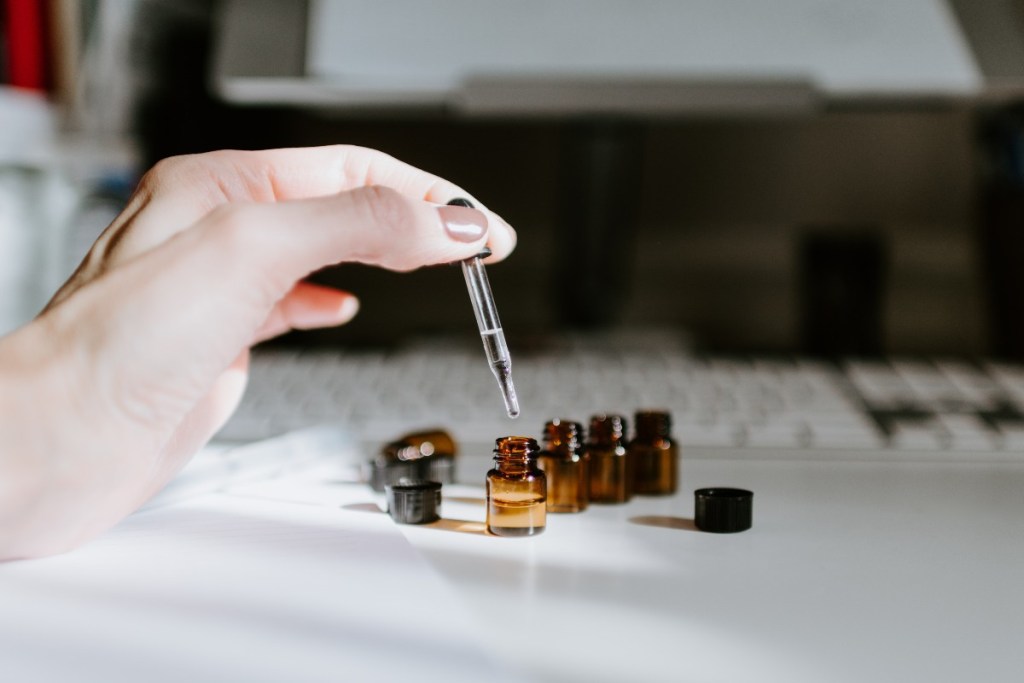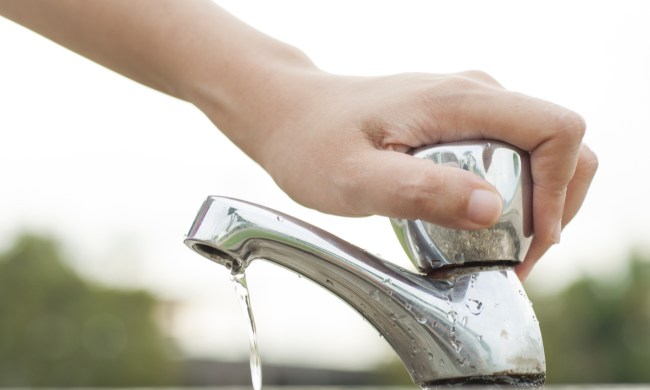Essential oil use is on the rise, and it will likely become even more popular in the next six years. These oils are a go-to natural remedy for various issues, including fatigue, headaches, and stress.
Essential oils are simply oil extracts from various plants and seeds, such as eucalyptus or lemons. They are also a form of aromatherapy that stimulates a person’s sense of smell with scent molecules. These molecules then go from a person’s nose to the amygdala, which plays a role in how we process emotions, like stress.
One popular way to reap the effects of these oils is with an essential oil diffuser. If you’re going to go this route, you’ll want to follow a few simple steps to ensure you set it up and care for it properly. Read on to learn how to safely and effectively use an essential oil diffuser.
Choose the right essential oils for stress relief
Different essential oils have different perks. Peppermint, for example, may help people with irritable bowel syndrome, according to one study, while cinnamon improves energy and focus. If you’re looking to lower stress, add these essential oils to your shopping cart:
- Lavender: One study found that this scent reduces anxiety and can boost patients’ moods in a dental office.
- Orange: The same study also found that orange had a similar mood-boosting effect on dental patients as lavender.
- Chamomile: You may already drink chamomile tea to relax before bedtime, so it should come as no surprise that chamomile can reduce moderate to severe generalized anxiety disorder and aid in relaxation.
- Rose: When extracted from the popular flower, rose makes for an anxiety-reducing essential oil.
- Clary Sage: This essential oil can relieve tension and promote relaxation.
Pick a type of diffuser
There are a few different types of diffusers to choose from, and they vary in price. Two of the most common include electric diffusers and reed diffusers. Electric diffusers don’t need heat. Instead, they use a fan to expose essential oils to air and spread throughout your home. Reed diffusers are generally less expensive, requiring only rattan sticks and a small, often glass, jar. You simply put your favorite essential oil in the jar, then wait patiently as the oil travels up the stick and dispenses throughout the room.
Choose a spot for your diffuser
There are a few do’s and don’ts when choosing the optimal spot for your diffuser. First, don’t put it anywhere a pet or small child can reach it. Essential oils can be toxic if ingested, and some can cause skin irritation. Importantly, keep them far away from fireplaces and stoves — essential oils and reed sticks are extremely flammable.
To get the most out of your diffuser, pick a safe space that you frequently use when stressed. A tall dresser in your bedroom or bookshelf in your home office often make for good spots.

Clean your essential oil diffuser
Essential oils smell great, but that doesn’t mean you don’t have to wash your diffuser. It’s actually best practice to clean the diffuser after each use, particularly if you plan on changing scents. Residue from the oil and water can also cause mold to build up, and diffusers can get quite dusty. If you’re using an electric oil diffuser, ensure it’s turned off and unplugged before emptying the reservoir. Wet a cloth or brush with tap water and a small amount of dishwashing detergent to clean the diffuser. Rinse and dry thoroughly; then, when you’re ready, go ahead and use it again.
Early research shows essential oils like orange and lavender can play a role in reducing stress and can improve a host of other physical and mental conditions. Aromatherapy is a practice that dates back thousands of years, and it’s still a major therapeutic because it’s so effective. Take the time to check out a variety of different scents and keep track of how each affects your mood. Whether you decide on a single favorite or keep a variety pack on hand at all times, you won’t regret incorporating a little aromatherapy into your self-care time.
BlissMark provides information regarding health, wellness, and beauty. The information within this article is not intended to be medical advice. Before starting any diet or exercise routine, consult your physician. If you don’t have a primary care physician, the United States Health & Human Services department has a free online tool that can help you locate a clinic in your area. We are not medical professionals, have not verified or vetted any programs, and in no way intend our content to be anything more than informative and inspiring.




